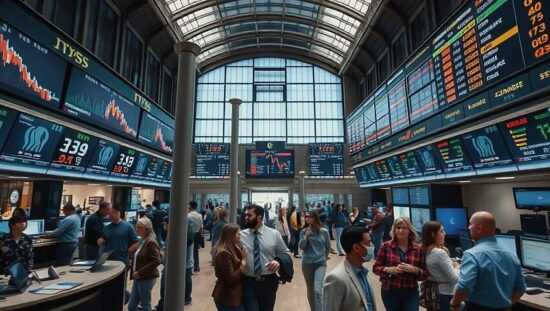The German stock market opened Monday with a positive trajectory, the DAX index reaching approximately 24,110 points, representing a 0.6% increase from Friday’s closing level. Siemens Energy, Mercedes-Benz and Volkswagen led the gains, while Qiagen, Adidas and Symrise lagged. This initial upturn coincides with the commencement of a new trading month, November, a period historically significant for German equities.
According to Thomas Altmann of QC Partners, November has consistently proven favorable for the DAX over the past fifteen years, often surpassing December as the strongest month of the year. “The so-called Christmas rally has increasingly begun in November rather than December” Altmann noted, highlighting a shift in market behavior. This historical precedence, however, is unfolding against a backdrop of escalating political uncertainty emanating from the ongoing US government shutdown.
The shutdown, entering its second month, threatens to become the longest in US history, raising concerns about its potential long-term economic repercussions. While the immediate impact on markets appears muted for now, as Altmann observed, investors are urged to remain vigilant. The longer the shutdown persists, the more substantial the eventual economic losses for the United States are likely to be, potentially impacting global trade and investment flows and presenting a complex challenge for the Biden administration’s economic agenda. Political gridlock in Washington is increasingly viewed not merely as a domestic issue, but as a source of systemic risk for the international financial system.
The euro weakened slightly on Monday, trading at $1.1526, reflecting underlying anxieties regarding the broader economic landscape and the potential for diverging monetary policies. Furthermore, Brent crude oil prices rose to $64.97 a barrel, suggesting a cautious optimism regarding energy demand despite the prevailing economic headwinds. The interplay of these market indicators underscores the precariousness of the current financial climate, demanding close monitoring of both domestic German economic performance and the evolving geopolitical risks stemming from US political instability.





